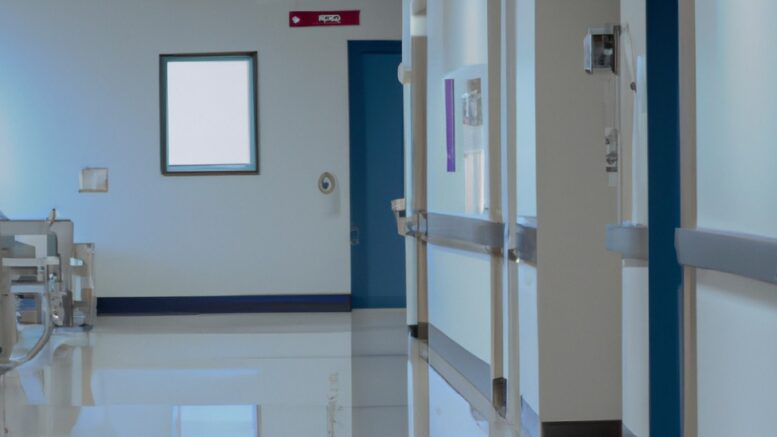Certain types of healthcare providers offering services to uninsured and low-income patients have access to discounted prescription medications through the federal 340B Drug Discount Program. However, the program has been mired in controversy for years. Now hospitals find themselves in a fight to keep the program running.
Under the Trump administration, federal regulators attempted to reduce Medicare and Medicaid reimbursements linked to 340B program transactions. The Supreme Court ruled the funding cuts illegal, but Washington has since been looking for other ways to accomplish the same goal. This suggests that the 340B program is at risk of being shut down.
Hospitals and their child organizations are the biggest utilizers of 340B. They make up the lion’s share of the program’s covered entities (CEs). The last thing they want is for lawmakers to shut 340B down. Below are three reasons explaining why.
1. The Program Targets Safety Net Organizations
Ravin Consultants, a team of 340B program consultants based in Florida, explains that the program was officially launched in 1992. Its primary goal was to help safety net hospitals increase access to healthcare services among underserved communities. Safety net hospitals remain the primary target of the program more than 30 years later.
A safety net hospital is a hospital that provides services to low income and uninsured people who have nowhere else to go. Nearly all of them rely on Medicare and Medicaid funding to remain operational. Here is the concern: eliminating the 340B program would also eliminate an important source of Medicare/Medicaid funding. That could put their very existence in jeopardy.
2. Resources for Better Access Would Be Cut
Even if most safety net hospitals survived an end to the 340B program, there is another concern: the resources they would otherwise have to put into improving access would automatically be cut. The nature of the program would see to that.
Eligible CEs purchase discounted drugs under the 340B program. They offer those drugs to eligible patients at low or no cost. In the meantime, Medicare and Medicaid reimburse at the standard rate. That means a CEs are getting paid a higher price for drugs they are selling at discounted prices. The money they earn from such transactions is what funds their efforts to expand access to care.
If the 340B program is ever shelved, that funding goes away. Safety net hospitals would undoubtedly be expected to continue on with their mission unabated. But how will they be able to do so while facing such a drastic loss of revenue?
3. The Program Has Accomplished Great Things
The third reason hospitals are fighting to keep 340B alive is the belief that the program has already accomplished remarkable things. This is obviously a matter of perspective. Nonetheless, in 30+ years of existence, 340B has generated tens of billions of dollars in discounted drug sales. It has given access to affordable medications to millions of low income and uninsured patients.
Safety net hospitals say that many of their services for the needy have been made possible by 340B savings. And given that there are now some 50,000 participating CEs, that is a lot of services for a lot of uninsured and low-income patients.
Hospitals understand that the 340B program’s future is in doubt. There do not seem to be any direct threats to the program on the immediate horizon, but it does appear as though key decision-makers in Washington are looking to either reduce its funding or stop it altogether. Hospitals are fighting as hard as they can to make sure neither option comes to fruition.
